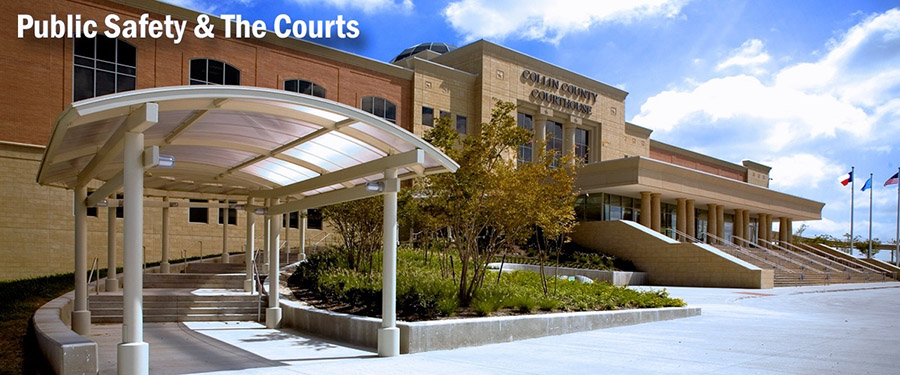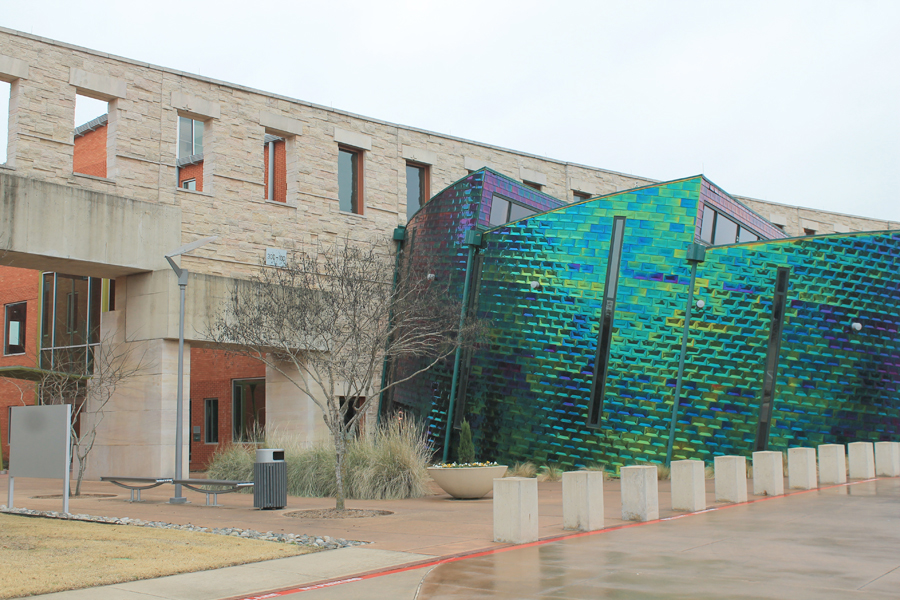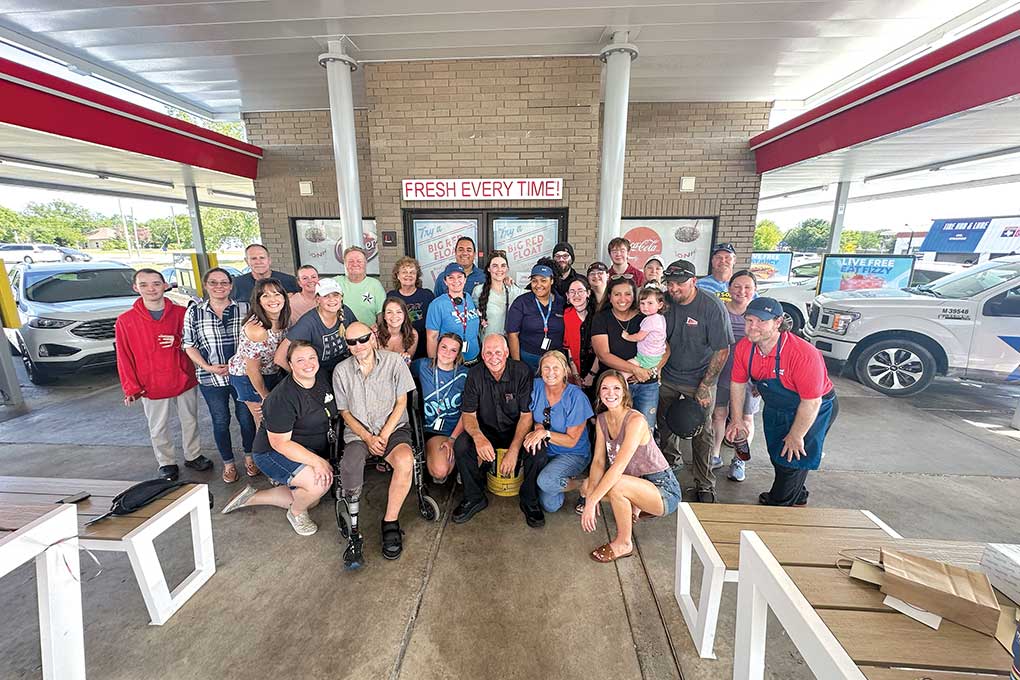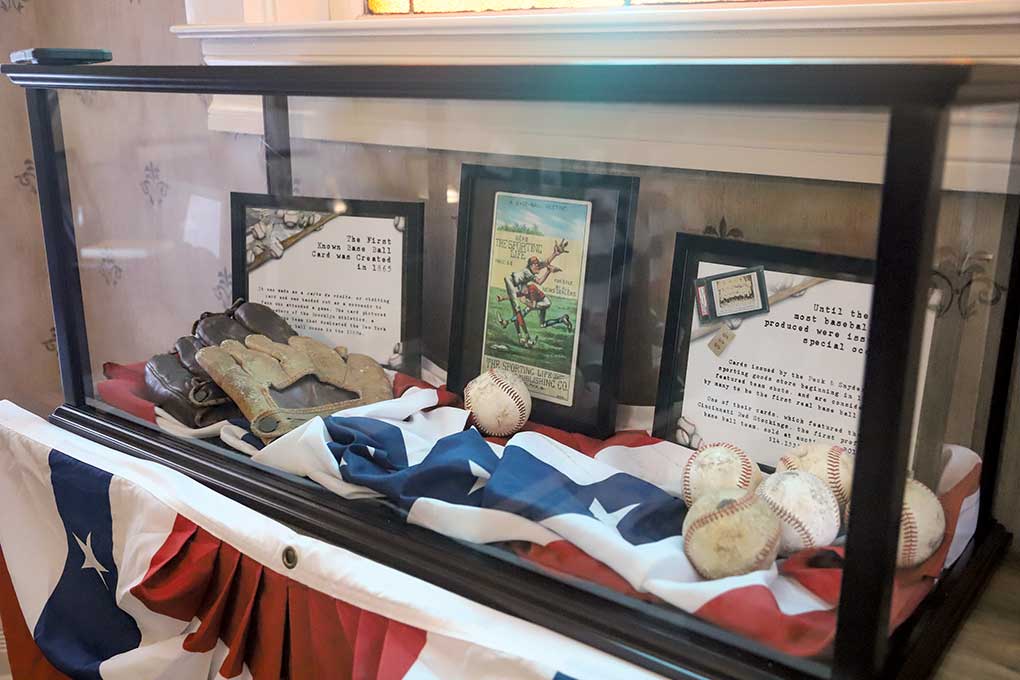Seven have tested positive in Collin County
From staff reports
On Saturday, Collin County Health Department (“CCHD”) reported that a 56-year-old man in Plano is the seventh presumptive positive case of novel coronavrius COVID-19 in the county. The man has no underlying health conditions and is quarantined in his home.
The CCHD also reported that a 47-year-old Plano woman had tested presumptive positive for novel coronavirus. The woman has no underlying health conditions, is self-isolating in her home, and is not connected to any other confirmed cases in North Texas at this time.
There are now seven confirmed positive cases of COVID-19 in Collin County. There are 60 Persons Under Monitoring (“PUM”) in the county at this time.
Previously reported cases include a 30-year-old Frisco man on Mar. 9, his wife and three-year-old child on Mar. 10 and on Mar. 12 a 35-year-old McKinney man and a 40-year-old Frisco woman.
No disaster declaration has been issued and officials have issued the following guidelines:
Watch for Symptoms
The following symptoms may appear 2-14 days after exposure.
- Fever
- Cough
- Shortness of breath
If you develop emergency warning signs for COVID-19, get medical attention immediately. Emergency warning signs include:
- Difficulty breathing or shortness of breath
- Persistent pain or pressure in the chest
- New confusion or inability to arouse
- Bluish lips or face
Guidance for People at Increased Risk for Severe COVID-19 Illness
People at increased risk of severe illness should stay home and away from large
groups of people as much as possible, including public places with lots of
people and large gatherings where there will be close contact with others.
Gatherings of seniors or other people at higher risk of severe illness should
be canceled or postponed. Those at increased risk include:
- People age 60 and older.
- People with underlying health conditions (e.g., heart disease, lung disease, diabetes, asthma)
- People with weakened immune systems.
- Pregnant women.
Avoid close contact with people who are sick.
Anyone who has questions about whether their condition puts them at increased
risk for severe COVID-19 illness should consult with their healthcare provider.
Guidance for People who are sick
- If you have symptoms like fever, cough, or other respiratory problems, stay home and self-isolate until you have contacted a healthcare professional.
- Stay home when you are sick. Do not go out in public when you are sick.
- If you are ill in any way, call your doctor’s office first before going in.
- Do not go to the emergency room unless you are experiencing a medical emergency. Emergency rooms need to be able to serve those with the most critical medical needs.
Guidance for Senior Living and Assisted Living Facilities
Senior living facilities, assisted living facilities, and other facilities
serving populations at increased risk should limit interactions with the
general public as much as possible. These facilities should:
- Implement social distancing measures:
- Reduce large gatherings (e.g., group social events) as much as possible
- Alter schedules to reduce mixing
- Limit exposure to the general public
- Visits should be limited and restricted to residents’ rooms
- Implement temperature and respiratory symptom screening of attendees, staff, and visitors.
- Implement short-term closures as needed (e.g., if cases are identified among staff, residents or clients who live elsewhere) for cleaning and contact tracing.
- Clean frequently touched surfaces daily or more regularly.
Guidance for the General Public
- Wash hands frequently with soap and water for at least 20 seconds. Use hand sanitizer when you cannot wash your hands.
- Avoid touching your eyes, nose, and mouth with unwashed hands.
- Cover your coughs and sneezes with a tissue and throw the tissue away. If you don’t have a tissue, use the elbow of your sleeve. Don’t use your hands to cover coughs and sneezes.
- Even if you are not ill, avoid visiting hospitals, long-term care facilities or nursing homes to the extent possible. If you need to visit one of these facilities, keep your visit as short as possible.
- Avoid close contact with people who are sick, especially if you are at higher risk for severe COVID-19 illness.
- Get plenty of rest, drink plenty of fluids, eat healthy foods, and manage your stress to keep your immunity strong.
- Clean household surfaces with standard cleaners.
- Stay informed. Information is changing frequently.
Guidance for Workplaces and Businesses
Employers should take steps to enable their employees to work in ways that
minimize close contact with large numbers of people. Employers should:
- Urge employees to stay home when they are sick.
- Maximize telecommuting options for as many employees as possible.
- Clean and disinfect frequently touched areas (doorknobs, handrails, escalator rails, elevator panels, tabletops, countertops, phones, keyboards, etc.) frequently.
Event Considerations
Events for more than 250 people should be postponed if possible. Events of any
size in which people will be in close contact should also be postponed if
possible. During any gathering of people in close contact:
- Anyone who is sick should not attend.
- People at higher risk for severe COVID-19 illness should not attend.
- Clean and disinfect frequently touched areas often.
- Find ways to give people more physical space.
- Ensure an adequate supply of hand soap, disinfectants, tissues, and paper towels.
Mental Health Resources
The outbreak of COVID-19 may be stressful for people throughout the community.
Fear and anxiety about a disease can be overwhelming and cause strong emotions
in adults and children. Accordingly, we suggest the following recommendations:
- People with preexisting mental health conditions should continue with their treatment plans, stay connected with their healthcare provider, and monitor for any new symptoms.
- Call your healthcare provider if stress reactions interfere with your daily activities
- Call the LifePath Crisis Hotline at (877) 422-5939 if you are experiencing emotional distress related to COVID-19.




















0 Comments